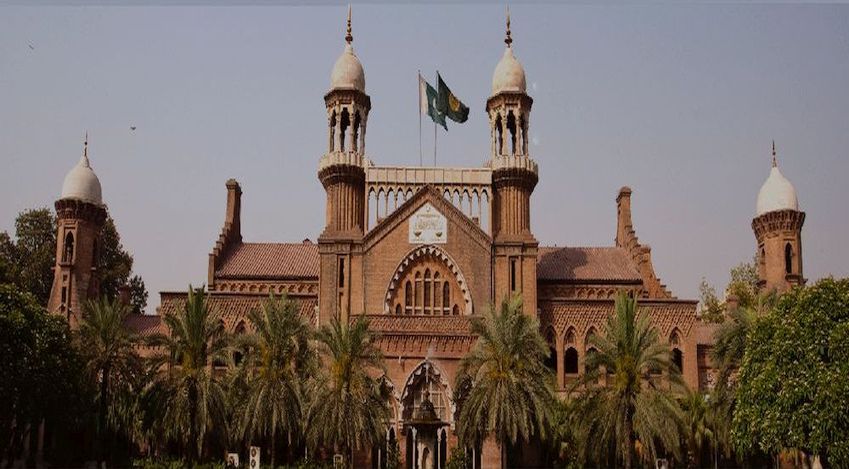Even a Single Reasonable Doubt regarding the accused’s guilt mandates Acquittal as a Matter of Right, not of Grace --- Lahore High Court, Lahore
Islamabad 31-10-2024: In a recent ruling, the Lahore High Court acquitted Allah Rakha alias Mithu and Muhammad Javed, both previously convicted of murder by the Additional Sessions Judge, Jhang, in a case stemming from an incident in 2014. The Lahore High Court decision, announced by Mr. Chief Justice Aalia Neelum, cited insufficient evidence, procedural discrepancies, and the application of the legal principle of "benefit of doubt" as the basis for overturning the conviction.
The original case involved a dispute linked to a marriage, which allegedly led the appellants to fatally shoot Muhammad Irfan alias Khan on June 25, 2014. The trial Court had sentenced the appellants to life imprisonment under Section 302(b) of the Pakistan Penal Code (PPC) and imposed financial penalties under Section 544-A of the Code of Criminal Procedure (Cr.P.C.).
The Lahore High Court identified several critical issues in the prosecution’s case. Firstly, a delay in filing the First Information Report (FIR) and recording of witness statements raised doubts about the authenticity of the accounts provided. The injured witness, Shahbaz, presented conflicting statements regarding the incident, casting further doubt on the reliability of his testimony.
Moreover, Mr. Chief Justice Aalia Neelum highlighted inconsistencies between witness accounts and medical evidence. The postmortem report and forensic evidence indicated that shots were fired at close range, contradicting the prosecution’s narrative that the firing occurred from a distance. Discrepancies between the unscaled and scaled site plans also suggested a potential fabrication of evidence.
The Court leaned on the principle of “benefit of doubt,” citing Muhammad Akram Vs. The State (2009 SCMR 230), which asserts that even a single reasonable doubt regarding the accused’s guilt mandates acquittal as a matter of right, not of grace. The Lahore High Court also referenced Mst. Shamim Akhtar Vs. Fiaz Akhter (PLD 1992 SC 211) concerning the role of site plans in assessing the crime scene and witness testimonies.
The prosecution alleged that a prior family dispute served as the motive for the crime. However, the Lahore High Court noted that motive, particularly when based on pre-existing enmity, is a “double-edged sword” and can indicate either an actual cause for the crime or a reason for false implication. Given the unreliable evidence, the Court found the motive insufficient to support a conviction.
The Lahore High Court judgment set aside the life sentences and compensation orders. Allah Rakha, who was present on bail, had his sureties discharged, while Muhammad Javed was ordered to be released immediately if not wanted in other cases. A revision petition by the complainant seeking harsher penalties was also dismissed due to lack of legal merit.
This ruling underscores the critical importance of credible evidence and procedural integrity in criminal trials, reiterating the legal standard that any reasonable doubt in a case must benefit the accused.
Powered by Froala Editor








